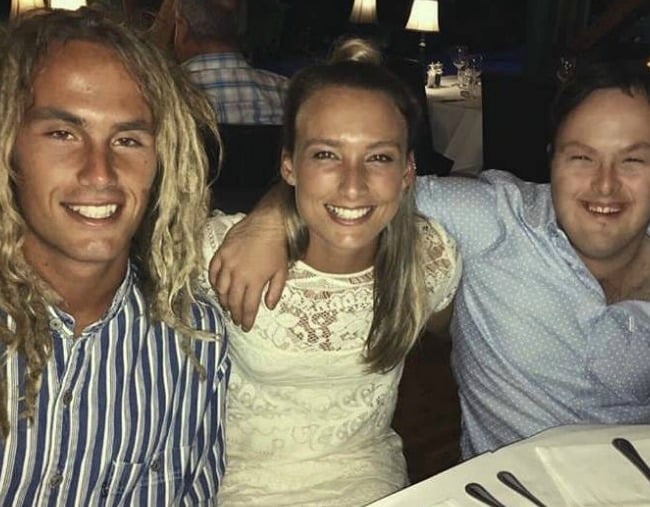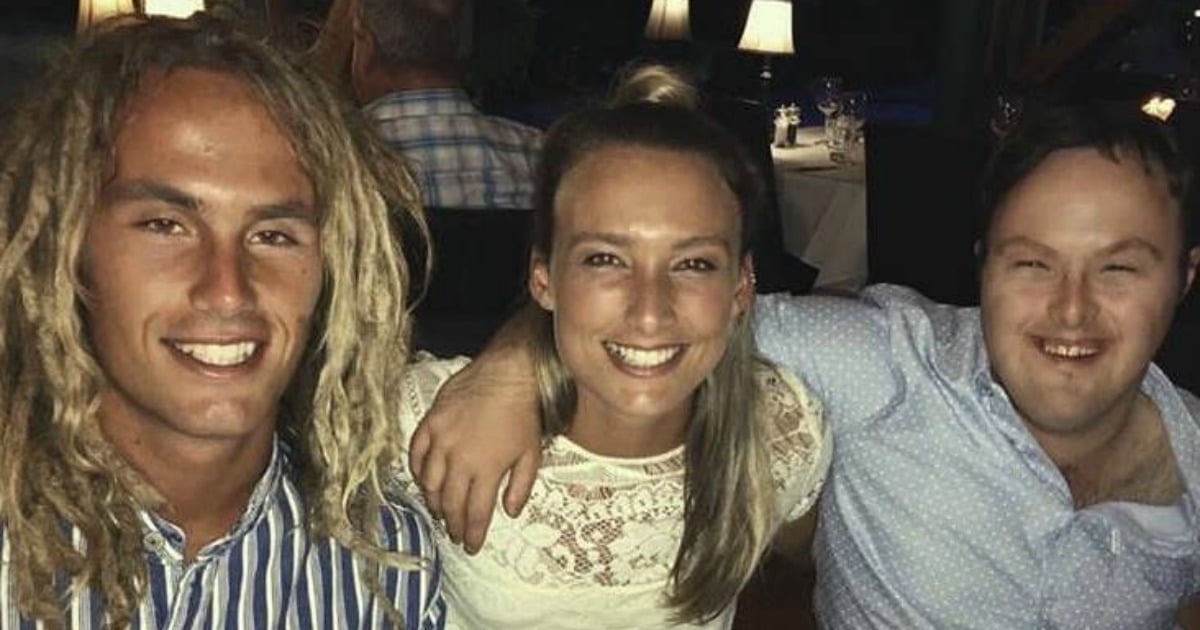
I am a triplet with two amazing brothers, and we are 23.
One of my brothers Pierce, is terminally ill with a diagnosis of an aggressive acute lymphoblastic leukaemia. He underwent chemotherapy, which proved to be unsuccessful, so he was given the only other viable option of immunotherapy, which ‘masks’ the leukaemia and essentially helps us gain time with him. It is basically still an experimental drug and in very limited supply due to cost and high demand. Pierce also has Down syndrome, bipolar and autism. While my family experience the most difficult time of our lives coming to terms with Pierce’s prognosis and accepting a bleak future, I have found myself spending a lot of time thinking about all the things I’d like to do for him.
Creating awareness about the impact a particular word has on ours, and many people’s lives is high on my bucket list.
***
We all know the R-word, don’t we?
It’s a little bit like the F-word but it differs in that it’s arguably more offensive, degrading, and, much like the thought of Donald Trump leading a country, it personally leaves me feeling more than a little uneasy. You might genuinely not know which word I’m talking about. Perhaps the word you’re thinking of doesn’t seem insulting. Perhaps you’re thinking you’d like to stop reading now, because you know which word I’m talking about and feel that I’m just being a little sensitive. Or, perhaps you use it in your everyday vocabulary and don’t see what the fuss is about?
In any case, if you haven’t already nutted it out, I’m talking about the word ‘retard’.





























































































